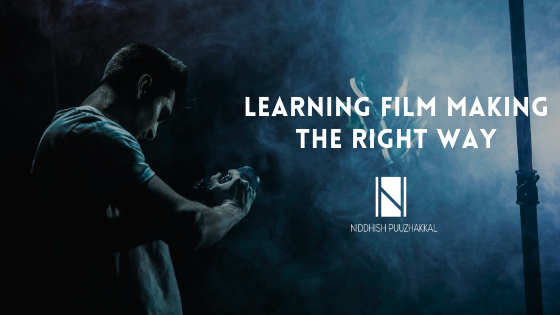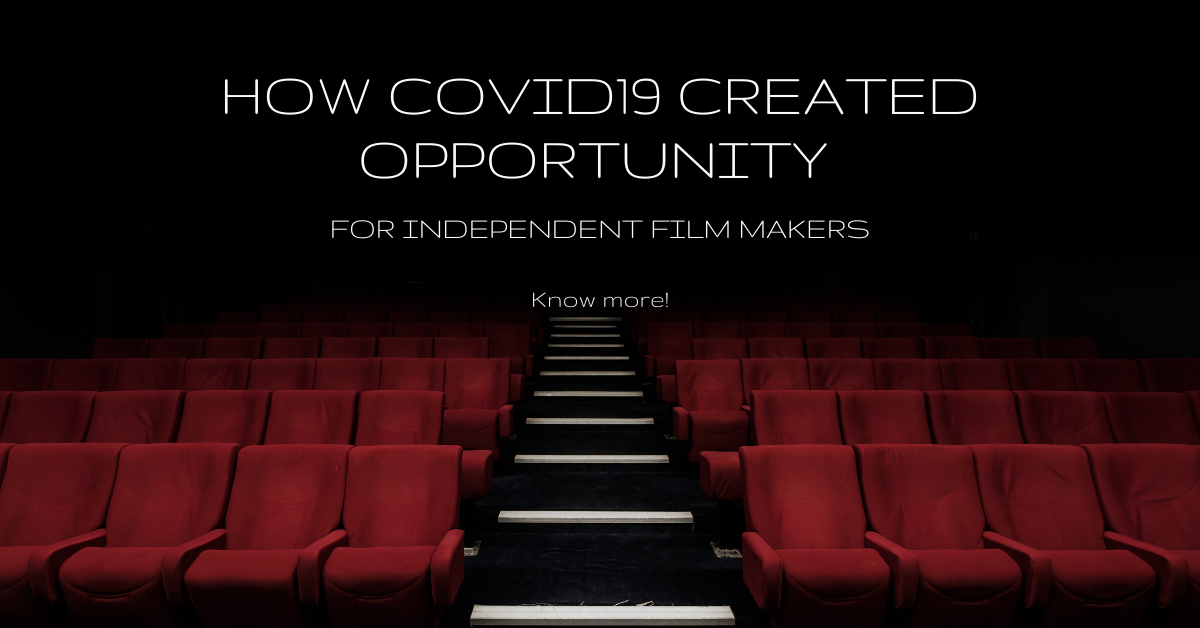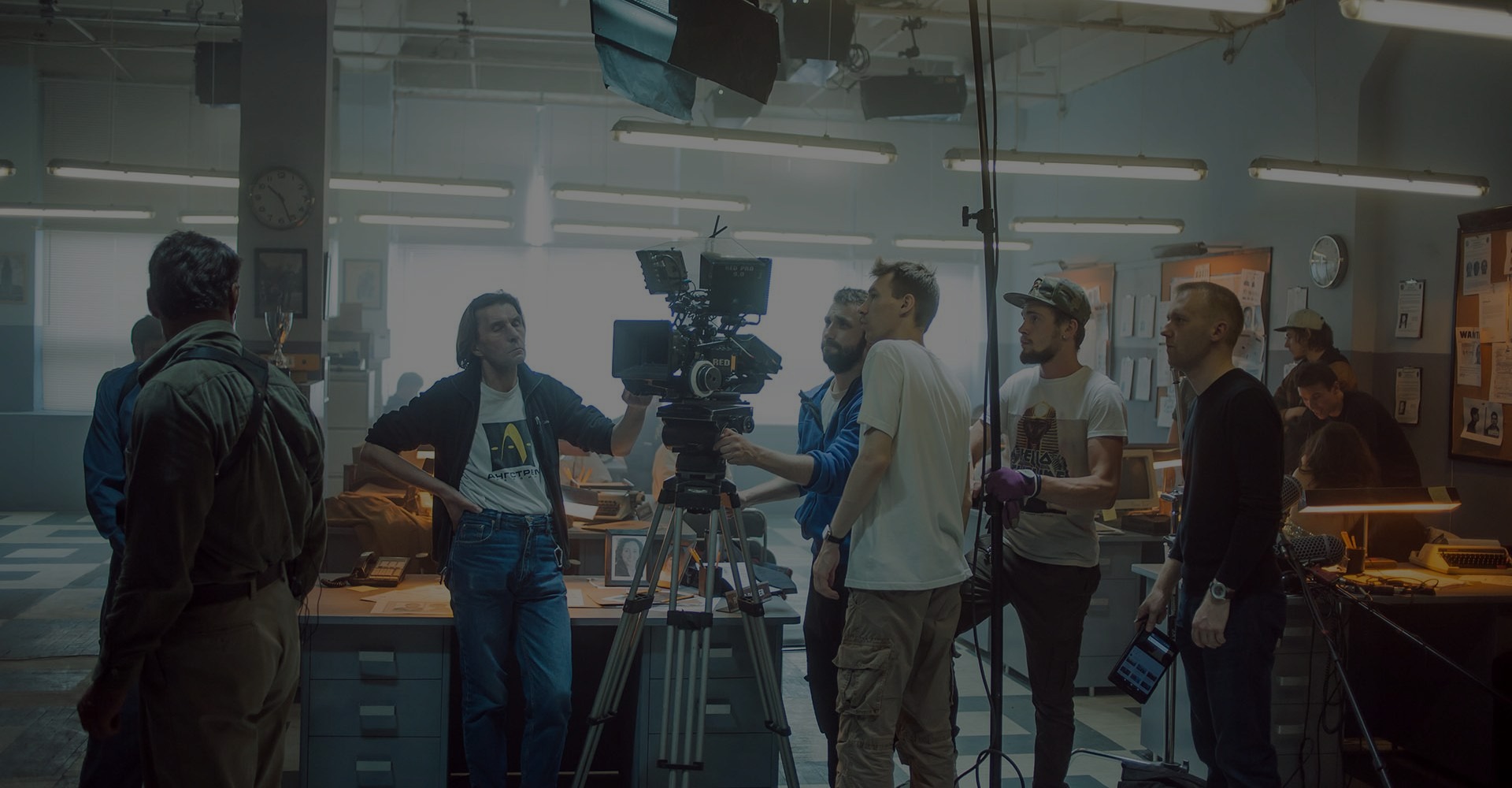Learning Film Making the Right Way
What’s fascinating about Film making is that its both art and science. And no matter how much one can learn about film making – there is always something new which could be included or implement – There will never be a shortage of better and effective ways to communicate a story through audiovisuals.
Referring film making to an ocean may not be inaccurate, as you delve into the depths of cinema and making it – you will realize that you have so much to learn. Exactly like how communication remains different for each person even if the language spoken is the same – similarly, the cinema will be different for each maker even though the language of film making will remain the same.
For beginners- there are film making courses and masterclasses that will teach you the basics. However, you will find that the process of film making is more than just following everything the books tell you.

The Right Way to Learn it
To put it into simple terms, the main task of a director is to tell a story using a combination of images and sounds. Of course, there are more aspects to it, which can be taught in schools. Going to a traditional film school will train you in the different aspects of film making. Students will learn the basics about everything: screenplay writing, photography, editing, sound editing and the majority of the learning will be theoretic in nature. Which is not to be ignored.
However If film school can prepare you for anything, is that it remains to expose you to the basics and theories? and nothing more.
Having had the experience being both a student and Lecturer/ teacher of Film Making for various film schools and advertising schools in Mumbai – most recently for EMDI institute of advertising. I have learned that film schools and film studies in these schools completely miss teaching the most essential practical skills in their traditional classes.
People management and multitasking is an integral part of any film making process. And for the director, strictly speaking, the job entails not only overseeing both the artistic, but needs the most necessary business skills as well. Having a clear creative vision of the story you wish to tell won’t be enough to be a successful director, The most basic business skill is selling that creative vision to companies so that you receive funding for your project. And this is just the beginning- in the process of converting a script into a product to selling the product –a director will have to go through several areas where he has to apply his management, leadership and business skills which has nothing to do about his creative vision or creativity – and these are areas film schools completely miss out.
The filmmaking basic process happens in three stages:
Pre-production :
This is where most of the preparation is done: we know that this is the time we find our story and screenplay to produce, we do casting, we scout locations, and hire technicians, etc. This is also the time we plan and schedule the execution- which most times are not discussed in much detail in film schools and this is also the time a business plan for the feature film is created for generating funding. How to pitch, what to pitch, how to come up with an elevator pitch for the studios – what parameters should we keep in mind while casting all such details are barely discussed. And all of these will ensure if this film will be a professional business venture or an amateur effort of a film.
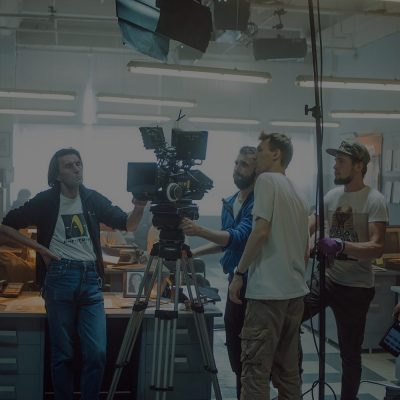

Screen Writing – This is taught as a separate subject in most film schools, most teachers in film schools are veteran writers whose last sold script was written at least a decade ago – if they have ever sold a script or made a movie.
Stories are evolving every minute – the type of storytelling and style has evolved over the year – an outdated approach to scriptwriting will neither sound exciting or fresh to the viewers. Most importantly this is provided as a different subject and the writers are barely involved in the making in most film schools– which leaves a gap for the upcoming writers to experience how these words translate into visuals and physical emotions.
Film school still studies the set of films that was derived when the film school was established, the same “3 act structure” is taught in theory-The world cinema has evolved beyond and more, films now are filled with several more styles, methods, and structures to telling a story. I don’t mean to say that the films critiqued in film schools are bad films or 3 act structure is not effective – however why should a writer be limited to believe there is just one way of telling a story – there are at least 20 different models of deriving a story.
Production – While how to set up a scene may be taught in a film school. Several practical skills such as how to direct actors, how to choose a location, how to direct the camera etc are often at very basic and Surface level. The “WHY” of most things are often missed or not discussed in depth. A simple “Why” of shots, angles and perspective – a simple when to choose a wide shot to a mid-shot is often confusing for the young ones – and this is also something filmmakers have found newer meanings for. A foundation of “Why” is hence essential as only if you know the rule can you break them. The most important aspect of having a “Grammar” of film making may not be enough in the current fast-paced race to originality. How do showcase ‘YOU” as a director in the film – What is your unique narrative style needs to be understood and developed from the beginning.
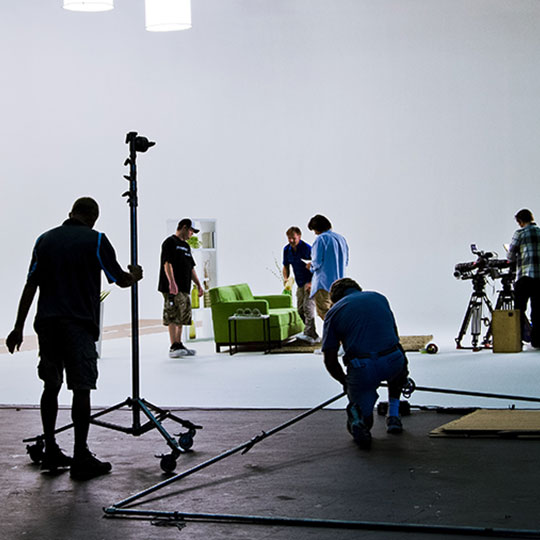
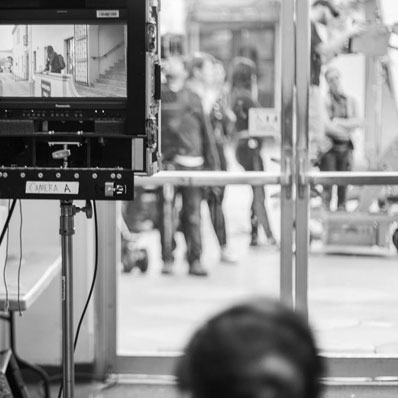
In post-production, the directors and editors work together to put the scenes together to tell the story, the color grading , the sound design, music, visual effects and animation, Foley recording and dubbing happens in this stage. It surprises people that this part might take the longest. This phase usually includes choosing the perfect footage for a scene, choosing the right background sound/music and color grading. In less than fortunate circumstances, the director might find that some scenes need to be reshot or shoot extra footage. And most editors who come out of film schools often work as operators and technicians working on only as much as what is in front of them. Where as a good editor often sees the vision of the director as a film in his head and even demand to have certain additional shots or angles. The same “Why “ of the shots and being brutally honest to a style, emotion and story barely exists with film school crowd. What is also changed dramatically over the years which is still yet to be included in film school syllabus is the visual effects direction. Most film school still does not teach how to shoot a green screen scene. And most editors still have to learn this though tutorials from the internet to learn to edit scenes shot against green or blue screen.
A Good Story
The genesis of any film – is that compelling story, that message that you are itching to tell. Conceiving an idea and converting that to a full-fledged screenplay – going through various revisions and stages of layering to reach it to the shootable script stage is often not covered in depth by traditional film schools. Once it reaches a shooting script – it will go through few more revisions – each one with a specific purpose. Before it could be considered for shooting. Open yourself up to the opportunity to find stories to tell. The importance of reading scripts and writing scripts is important even if you are hiring a writer to write up the script for you. Unless you write a few scenes yourselves – you may find it challenging to insert your vision into the scenes if you depend on someone else. Another important aspect is watching movies – not just watching them for entertaining yourself – but watching it as a film maker and studying them – what parameters to observe and study is also something most film schools don’t cover. . Inspiration can come from anywhere – it is important to understand how to capture those inspirations and converting that into something tangible.
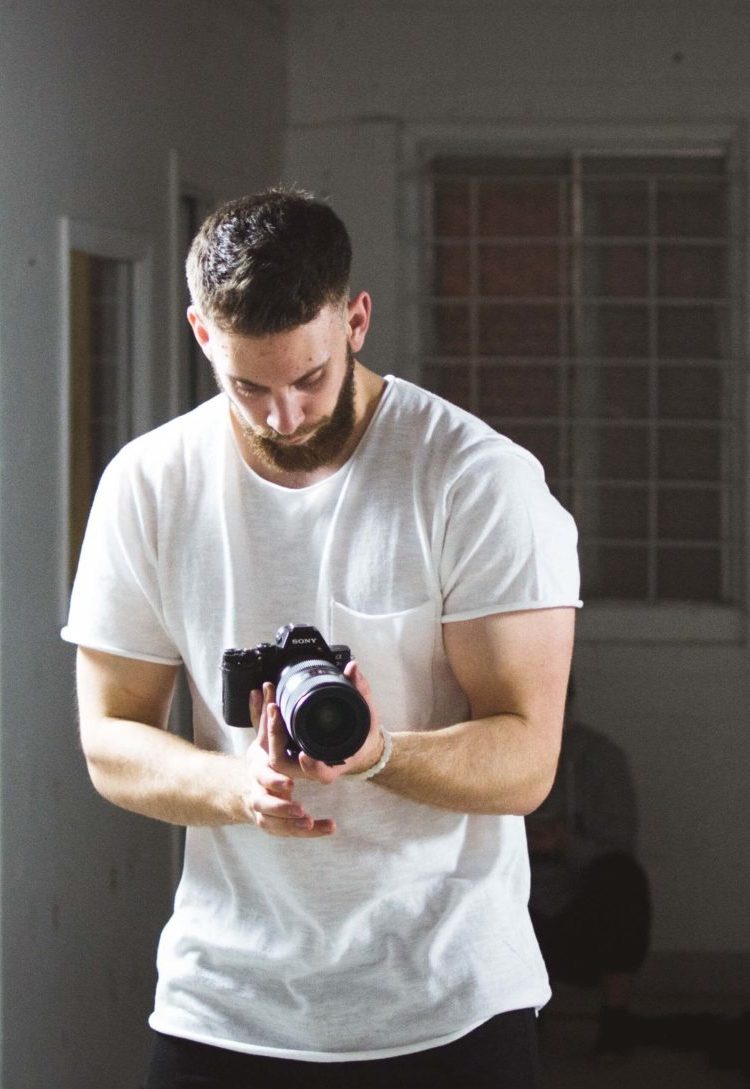
Good stories can also come from personal experiences—be vulnerable to your own experiences as a human being. Be sensitive to the spectrum of emotions and experiences that you want to share with an audience.
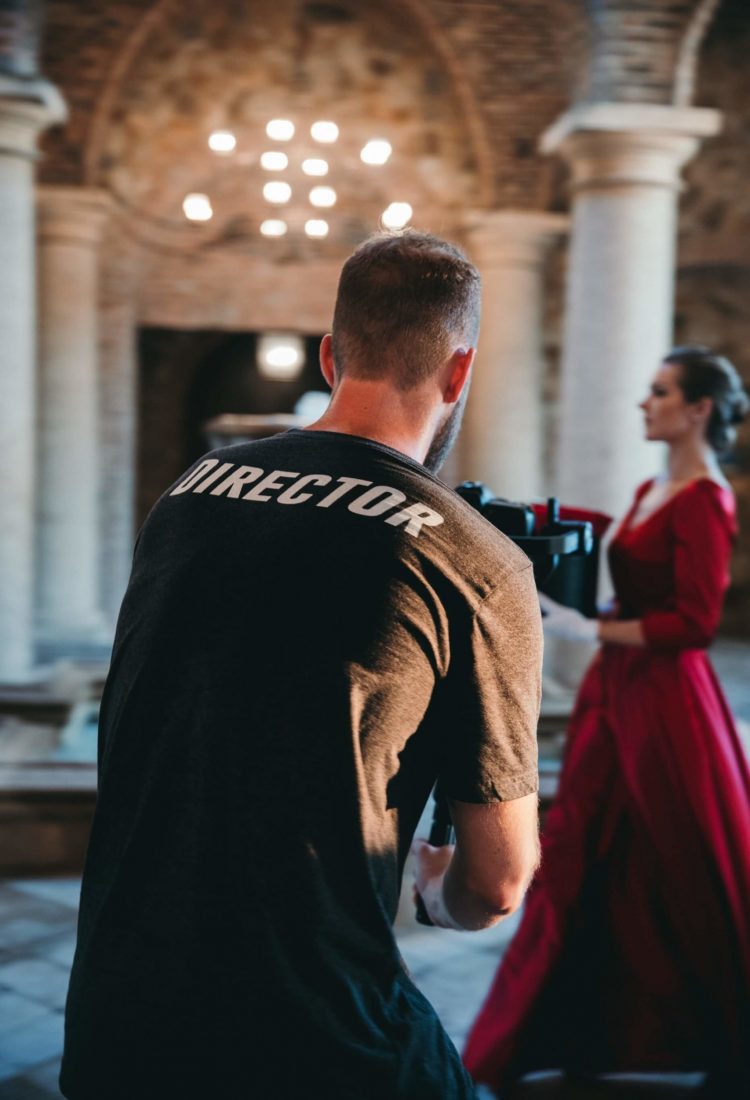
Throw Your Comfort Zone and the Manual Out the Window
Surprise! Filmmaking does not come with a template—doing everything by the book will not guarantee that your movie will even get made or complete or become a success. Within a day or 2 on a working set – you will realize everything you learned and experienced in film school can just give you the theoretical understanding and know-hows of film making. After laying the groundwork and doing the necessary preparations, what is left is the challenge of executing your vision. Which only an on-ground experience can offer.
Filmmakers do not ever have a comfort zone. Once shoot starts, you will need to have a point of view, a know-how and understanding of several subjects which may not be something you would have learned in film school – especially for directors. This will fall back on to your preparation during pre-production and the amount of research and observation you have done as a person and your ability to think on your feet. A rich visual vocabulary and technical understanding and knowing popular culture and new techniques can enable you to provide a cinematic experience that audiences would connect and want to pay for!
The director has to keep things interesting, new and exciting. Tried and tested themes such as love, heartbreak and tragedy, if explored in a fresh way, can capture the hearts of the audience. The skillful work of a filmmaker can help build that connection between a film and the audience. As much as filmmaking is a tool for creative expression, it is also a tool directors use to explore the human condition. This is the aspect of storytelling that audiences resonate with. It is up to the director to find the truth in each scene and to work with a team to put it all together.
Reality Check
For many aspiring directors, it is usually the financial concerns that make or break a person’s decision to pursue a career in filmmaking. The initial lack of regular work might discourage certain aspiring filmmakers to completely let go of this path. For the ones surviving then comes struggles in finding funding for their project.
But what most aspiring film makers miss is if they are making it viable for the investors – to be funded – do they have a business plan and an understanding how the film will make returns ? have they considering potential marketing for the film – is there a understanding on Target audience and grouping and how the film will be placed. Is this a theatrical or a OTT platform film ?
Is this information captured in a manner which people would find compelling to invest into your project? These questions will majorly influence your choices of casting, location and technical specifications as well. An investor will need to know if he will make profit or atleast recover the funds he puts in and it is a valid question which a director should be able to answer. Your answer will determine whether you will win funding for your project.
If you have the creative ambition to pursue a story that you want to tell and the discipline to keep working on it consistently, then this will help you get started. Filmmakers have to have the drive to keep learning and to persevere through failures. The reality is, even the most famous directors have made films that did not do well, and it will likely happen to you too. Failure is not a bad thing, what matters is that you don’t get discouraged.
Keep evolving and keep making films because there are many stories waiting to be told. Audiences and producers pay attention to the quality of the storytelling. If you are able to make good films, people will flock to the theaters to watch your films. Likewise, film producers will provide the funding you will need to bring your vision to life.
For Serious Filmmakers - A practical mentor ship program
Having observed and experienced the lack of depth in film schools – and being a Creativity coach and Life coach – it was but a natural call for action for me to start my Film Making Mentorship Program. You can see the disciplines offered here –
www.creativitycoach.niddhish.com/film-making-mentorship-programme/
I have done extensive research on the gaps in learning in film making and I offer work and learn program – where the applicants are asked to work on live projects – starting from inception to execution to delivery. The mentorship requires applicants to work in the office , and personal attention is provided to each one of the applicants in the respective area.
My Kerala Project – The new mentorship program is open for applications. This time the highlight is focussed on an independent feature film production. 30 applicants will be selected, who will become part of the core team who will work with me on my next feature film from pre-production till completion.
This new generation Film “School” is a combination of classroom training and on-ground experience – through the 4 stages of pre-production, production, post-production, and marketing. An applicant will learn not only to execute a full-fledged feature film. The applicants will also learn about how to write screenplay, Production, direction, and editing a feature-length project to creating a pitch, a business plan for the project, and will also learn the selling process of the film.
Application is now open for the August 2020 Batch
Deadline of the our next batch Application is July 20th 2020.
To apply please visit the creativitycoach.niddhish.com/kerala-project
Contact Niddhish @ 9061709906 or niddhish@lightseekermedia.com
Closing Thoughts
Be courageous and believe that you have a good story to tell. There is no right or wrong way to tell a story. However there is definitely better and smarter ways of executing a film in a professional manner – having a good mentor can structure your thoughts and support you on your journey for better success. So find one – if you wish to reach out to me – my contact details are mentioned in this website.
Good Luck … I hope to see your name in the credits of a movie soon.
Cheers
